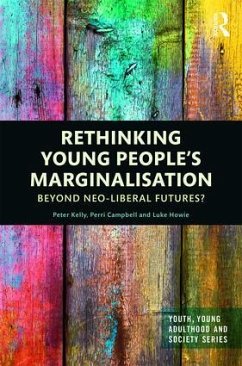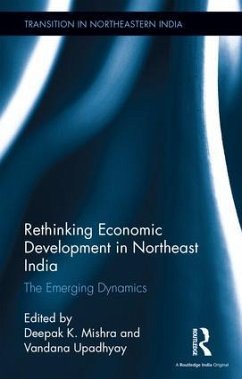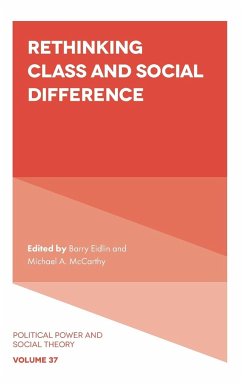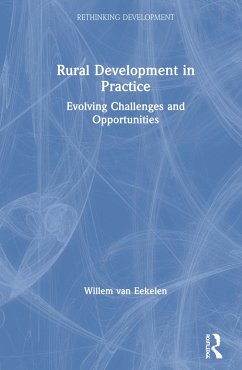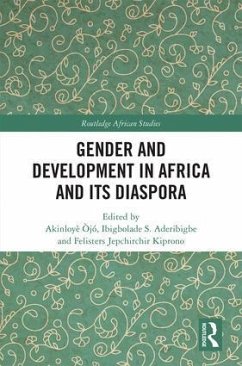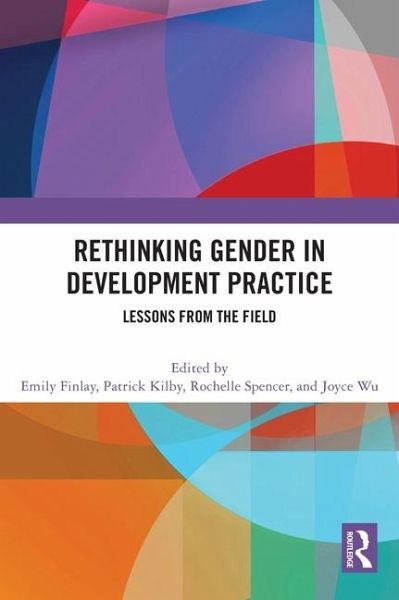
Rethinking Gender in Development Practice
Lessons from the Field
Herausgeber: Finlay, Emily; Spencer, Rochelle; Kilby, Patrick
Versandkostenfrei!
Versandfertig in 1-2 Wochen
157,99 €
inkl. MwSt.
Weitere Ausgaben:

PAYBACK Punkte
79 °P sammeln!
Rethinking Gender in Development Practice is about the ways in which issues of gender-including violence against women and girls, entrenched gender roles and expectations, the exclusion of non-binary genders, and the participation of disempowered genders-affect and are affected by development practice.






